Bridging the Gap Between Eastern and Western Medicine Through Acupuncture
In my practice, I pride myself in not excluding western medicine. I try to work with patients, whether they are undergoing IVF or trying to reduce their medications to meet them where they are in their health and wellness plan. In recent years, acupuncture has found its place at the intersection of two worlds: the time-honored traditions of Eastern medicine and the rigorous, evidence-based approach of Western medicine. Once dismissed as alternative or fringe, acupuncture is now increasingly integrated into hospitals, pain clinics, and rehabilitation centers worldwide. This fusion of modalities isn't just a passing trend—it’s a vital step toward a more holistic and personalized healthcare model.
UNDERSTANDING THE FOUNDATIONS
Eastern Medicine Perspective:
Acupuncture, a pillar of Traditional Chinese Medicine (TCM), is rooted in the concept of qi (pronounced “chee”), the body’s vital energy. Qi flows along meridians—pathways that connect organ systems. When this flow is disrupted, it leads to illness. Acupuncture involves inserting thin needles into specific points along these meridians to restore balance and health.
Western Medicine Viewpoint:
From a biomedical standpoint, acupuncture influences the nervous system, releasing neurotransmitters and hormones, reducing inflammation, and promoting tissue healing. The practice is recognized to activate the body’s natural pain-relieving mechanisms, such as endorphin release and modulation of inflammatory cytokines.
WHERE EASTERN AND WESTERN APPROACHES ALIGN
1. Pain Management
One of the strongest bridges between both systems is in the treatment of chronic pain. Studies published in The Archives of Internal Medicine and The Journal of Pain demonstrate that acupuncture provides measurable pain relief for conditions like osteoarthritis, migraines, and back pain. The National Institutes of Health (NIH) acknowledges acupuncture as a viable treatment for chronic pain, emphasizing its utility as part of integrative care.
2. Stress and Mental Health
Acupuncture has shown promise in addressing anxiety, depression, and PTSD—conditions often treated with pharmaceuticals in Western medicine. Research from Harvard Medical School highlights acupuncture’s ability to regulate the autonomic nervous system and stimulate the parasympathetic “rest and digest” response, lowering cortisol and improving mood.
3. Fertility and Reproductive Health
In both Eastern and Western contexts, acupuncture is being used to support fertility treatments. A study in Fertility and Sterility journal found that women undergoing IVF who received acupuncture had higher success rates. The mechanism is believed to involve improved blood flow to reproductive organs and regulation of hormonal pathways. I always try to encourage my fertility patients to get a head start with herbs and acupuncture BEFORE going through the IVF process, as their outcome rates become better.
4. Recovery and Rehabilitation
Whether it’s healing after surgery or recovering from neurological conditions like stroke, acupuncture supports tissue repair, reduces pain, and enhances mobility. Western clinicians now incorporate it into post-operative care to reduce reliance on opioids and speed recovery times.
INTEGRATIVE MEDICINE: THE BEST OF BOTH WORLDS
Integrative medicine—a model that combines conventional medical treatments with complementary therapies—is on the rise. Acupuncturists are now working alongside MDs, physical therapists, and mental health professionals. Major health systems like the Cleveland Clinic and Mayo Clinic have established integrative medicine departments offering acupuncture, signaling a shift in mainstream acceptance.
This collaboration allows for patient-centered care that addresses not only physical symptoms but also emotional, energetic, and lifestyle components of health. By acknowledging the strengths of both systems, patients receive comprehensive, nuanced care.
SCIENTIFIC BACKING: BRIDGING WITH RESEARCH
The field of neuroimaging has helped validate acupuncture by showing changes in brain activity during treatment. Functional MRI (fMRI) scans reveal modulation in pain perception areas of the brain, confirming acupuncture's neurological effects. Moreover, studies from institutions like Stanford and Johns Hopkins continue to investigate how acupuncture impacts cellular and immune pathways.
Acupuncture serves as a compelling bridge between Eastern wisdom and Western science. By integrating the intuitive and holistic approach of Traditional Chinese Medicine with the precision and analytical rigor of modern biomedicine, healthcare providers can offer more effective, compassionate, and individualized care. In doing so, they’re not just treating illness—they’re advancing medicine itself.

